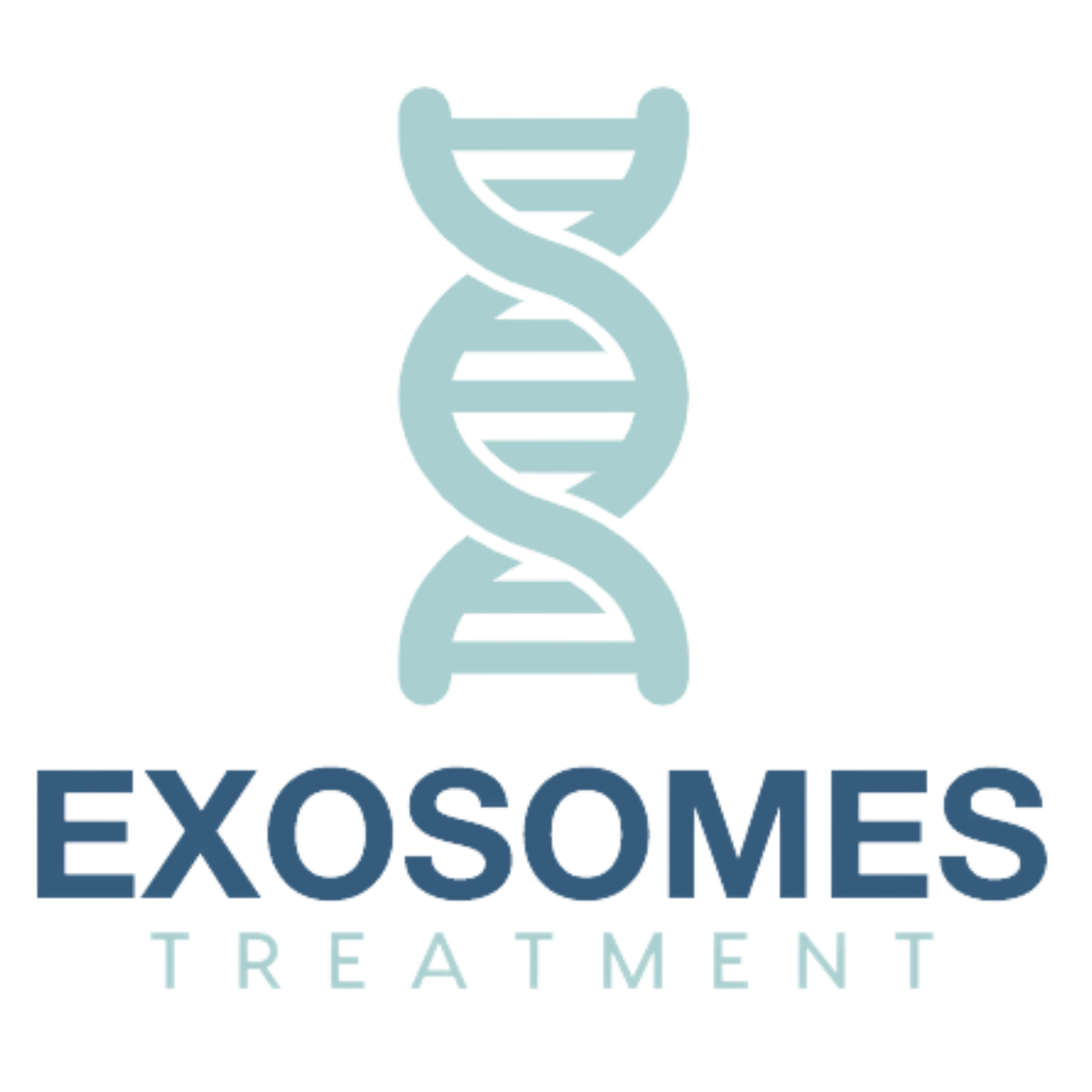Exosomes are tiny extracellular vesicles that play an important role in intercellular communication. They are released by cells and carry various biomolecules, such as proteins, lipids, and nucleic acids, that can regulate the activity of recipient cells. In recent years, there has been growing interest in the potential of exosomes for anti-aging therapies. Here, we will discuss how exosomes can combat aging and the evidence supporting their use.
Aging is a complex process that involves the gradual decline of various physiological functions and the accumulation of cellular damage. Exosomes can help combat aging by several mechanisms. First, exosomes can deliver protective molecules, such as antioxidants, to recipient cells, which can reduce oxidative stress and DNA damage. Second, exosomes can promote tissue regeneration by carrying growth factors and other molecules that can stimulate stem cells and tissue repair processes. Finally, exosomes can modulate the immune system, which can decline with age, by delivering anti-inflammatory molecules that can reduce chronic inflammation.
One example of exosomes being used for anti-aging therapies is in the cosmetic industry. Skin aging is a visible sign of aging that is characterized by the loss of elasticity, the formation of wrinkles, and the thinning of the skin. Studies have shown that exosomes derived from stem cells can stimulate the production of collagen and elastin in the skin, which can improve skin quality and reduce the appearance of wrinkles. In fact, several cosmetic products containing exosomes are now available on the market.
Another potential application of exosomes for anti-aging therapies is in the treatment of age-related diseases. For example, Alzheimer’s disease is a neurodegenerative disease that is associated with the accumulation of toxic proteins in the brain. Exosomes have been shown to carry enzymes that can break down these toxic proteins and reduce their accumulation in the brain. Furthermore, exosomes can carry neurotrophic factors that can promote neuronal growth and survival, which can improve cognitive function.
There is also evidence that exosomes can improve cardiovascular health, which is an important aspect of healthy aging. Exosomes derived from mesenchymal stem cells have been shown to reduce inflammation, promote angiogenesis, and improve cardiac function in animal models of heart disease. Furthermore, exosomes have been shown to carry microRNAs that can regulate gene expression in recipient cells, which can have beneficial effects on cardiovascular health.
In conclusion, exosomes have emerged as a promising tool for anti-aging therapies. Exosomes can combat aging by delivering protective molecules, promoting tissue regeneration, and modulating the immune system. The cosmetic industry has already started to use exosomes in their products, and there is growing evidence supporting their use in the treatment of age-related diseases. However, more research is needed to fully understand the mechanisms of action of exosomes and to optimize their use for anti-aging therapies.
References:
Katsman, D., Stackpole, E. J., Domin, D. R., & Farber, D. B. (2015). Embryonic stem cell-derived microvesicles induce gene expression changes in Muller cells of the retina. PLoS One, 10(7), e0132495.
Mendt, M., Kamerkar, S., Sugimoto, H., McAndrews, K. M., Wu, C. C., Gagea, M., … & Sood, A. K. (2018). Generation and testing of clinical-grade exosomes for pancreatic cancer. JCI Insight, 3(8).
Vizoso, F. J., Eiro, N., Cid, S., Schneider, J., Perez-Fernandez, R., & Mesía, R. (2017). Mesenchymal stem cell secretome: toward cell-free
